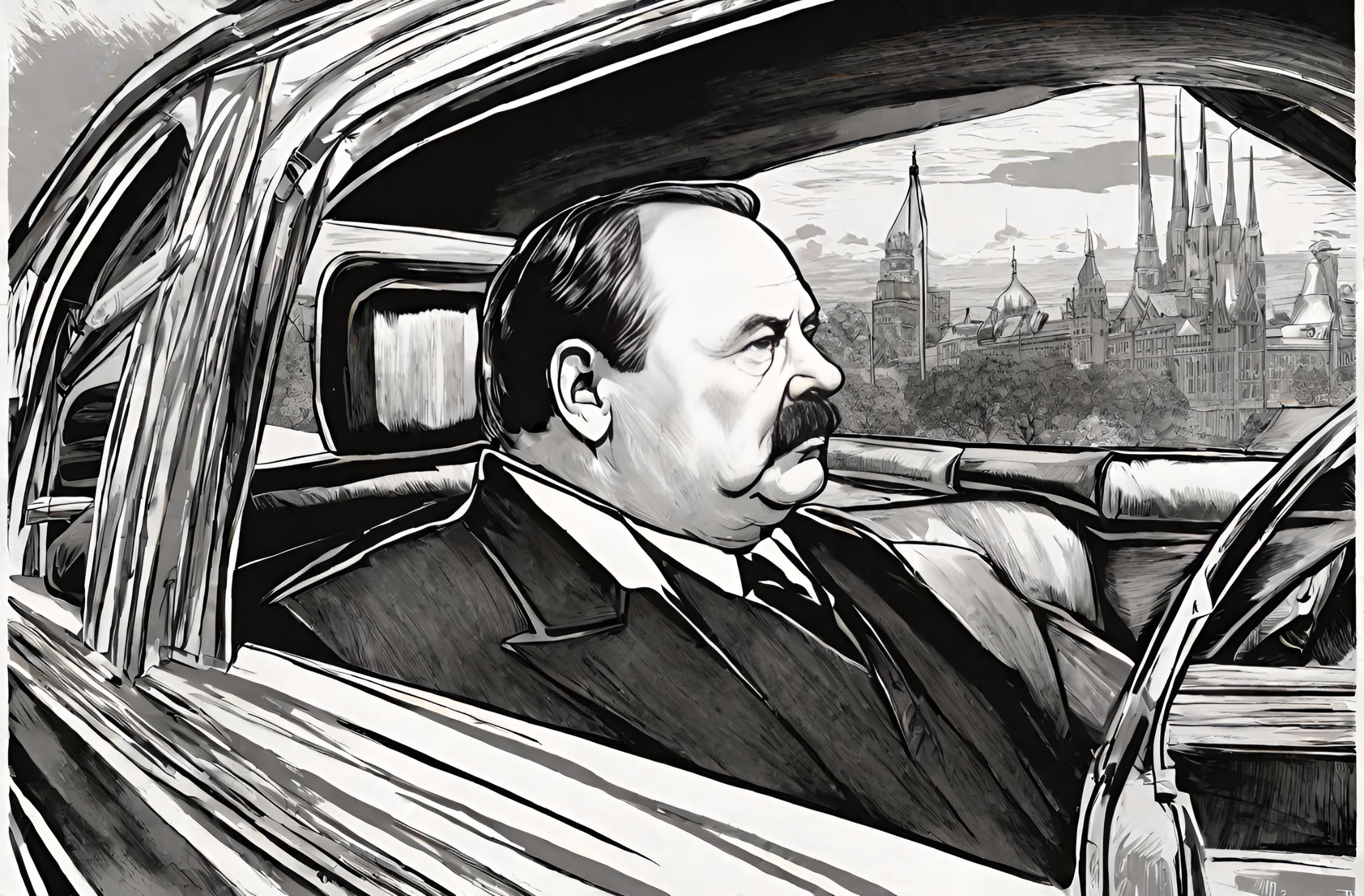Flashback to June 24
American History

On June 24, 1970, the United States Senate made a historic decision by voting overwhelmingly to repeal the Gulf of Tonkin Resolution. This significant vote marked a turning point in the nation’s involvement in the Vietnam War and reflected a growing sentiment of skepticism towards government actions. The repeal of this resolution has had far-reaching implications for future military interventions and has become a notable event in American history.
The Gulf of Tonkin Resolution was initially passed by Congress in 1964, in response to reported attacks by North Vietnamese forces on American warships in the Gulf of Tonkin. This resolution granted broad powers to then-President Lyndon B. Johnson to take military action in Vietnam without a formal declaration of war. It effectively authorized the escalation of American involvement in the conflict, leading to a significant increase in troop levels and military operations.
However, as the war dragged on and the human and financial costs continued to rise, public support for the conflict began to wane. Many Americans questioned the veracity of the initial reports that justified the Gulf of Tonkin Resolution and began to see the Vietnam War as an unnecessary and unjust conflict. This growing dissatisfaction with the government’s handling of the situation led to increasing calls for a reevaluation and retraction of the resolution.
The push for the repeal of the Gulf of Tonkin Resolution gained significant momentum in the late 1960s and early 1970s, as more and more evidence emerged casting doubt on the events that had sparked the initial passage of the resolution. Critics argued that the reported attacks on American warships were either exaggerated or fabricated, and that the subsequent military escalation based on these incidents was unjustified.
In the Senate, the repeal effort was led by Senator Frank Church of Idaho, who was a prominent critic of the Vietnam War. Church argued that the Gulf of Tonkin Resolution had effectively handed over Congress’ constitutionally-mandated power to declare war to the President, undermining the system of checks and balances. He called for the repeal of the resolution as a way to reassert congressional authority and bring an end to an increasingly unpopular war.
The vote to repeal the Gulf of Tonkin Resolution took place on June 24, 1970, and was a resounding victory for those seeking to end the Vietnam War. The Senate voted 92 to 5 in favor of rescinding the resolution, sending a clear message that there was a broad consensus among lawmakers that the nation’s military involvement in Vietnam needed to be reevaluated.
This repeal had significant ramifications for future military interventions. It served as a reminder of the importance of congressional oversight and the need for careful consideration before committing American troops to war. The Gulf of Tonkin Resolution and its subsequent repeal became cautionary tales, reminding future administrations to be transparent and accountable in their decision-making processes.
The repeal of the Gulf of Tonkin Resolution also marked a turning point in public opinion regarding the Vietnam War. It signaled a growing skepticism towards government actions and a demand for accountability. The anti-war movement, which had been gaining momentum throughout the 1960s, found renewed energy and support in the wake of this vote, further contributing to the eventual withdrawal of American troops from Vietnam.
the US Senate’s vote to repeal the Gulf of Tonkin Resolution on June 24, 1970, was a momentous event that reflected a changing tide of public opinion and a desire for congressional oversight in matters of war. This vote served as a catalyst for reevaluating America’s involvement in the Vietnam War and had long-lasting implications for future military interventions. It stands as a reminder of the importance of transparency, accountability, and the power of the people to shape government decisions.
We strive for accuracy. If you see something that doesn't look right, click here to contact us!
Sponsored Content

Grover Cleveland, 22nd and…
Grover Cleveland, the 22nd…

US Senate votes overwhelmingly…
The US Senate votes…

First coffee planted in…
On June 24, 1817,…

In Chicora, Pennsylvania, USA,…
In Chicora, Pennsylvania, USA,…

